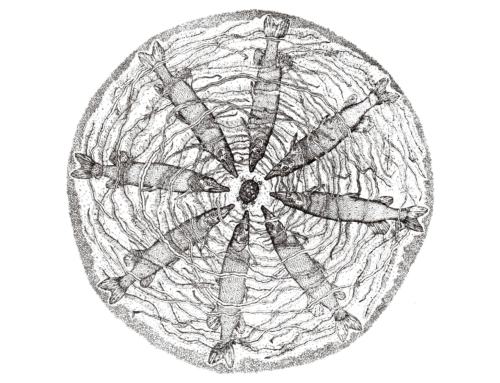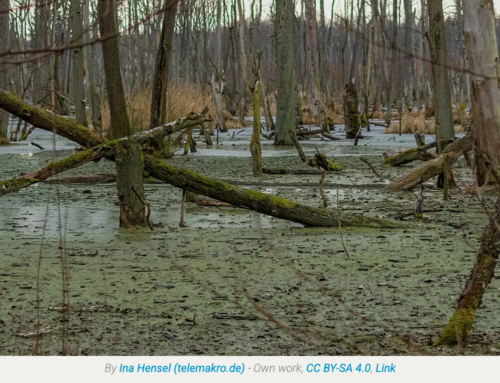Geoffrey Garver, a PhD Candidate at McGill University, quotes Thomas Berry in The Great Work: “ecology is not a part of law; law is an extension of ecology.” Garver continues that the rule of ecological law should include at a minimum the following ten mutually reinforcing features:
First, the rule of ecological law should recognize that humans are part of the Earth’s life systems, not separate from it.
Second, legal regimes must be constrained by ecological considerations necessary to avoid catastrophic outcomes and promote the flourishing of life, with the socio-economic spheres fully contained within these ecological constraints and ecosystems restored where necessary.
Third, the rule of ecological law must permeate legal regimes in a systemic, integrated way, and not be seen as a specialty area of the law.
Fourth, because the human enterprise has already transgressed global ecological limits, the legal regime should be radically re-focused on reduction of the throughput of material and energy in the economy.
Fifth, the rule of ecological law must be global, but distributed fairly using principles of proportionality and subsidiarity, with protection of the global commons and public goods paramount and constraints on property rights and individual choice implemented as needed to keep the economy within ecological limits.
Sixth, the rule of ecological law must ensure fair sharing of resources among present and future generations of humans and other life.
Seventh, the rule of ecological law must be binding and supranational, with supremacy over sub-global legal regimes as necessary, and with rights of enforcement for non-state actors.
Eighth, a greatly expanded program of research and monitoring for improved understanding and continual adjustment of ecological boundaries and means for respecting them is needed to support the rule of ecological law from the global to the local level.
Ninth, the rule of ecological law requires precaution about crossing planetary boundaries, with margins of safety to ensure both that the boundaries are respected from the global to the local level and that the Earth’s life systems have the capacity to flourish.
Last, ecological law must be adaptive, because ecosystems evolve constantly and because we need to get started on a comprehensive effort to constrain the economy within ecological limits despite uncertainty.




